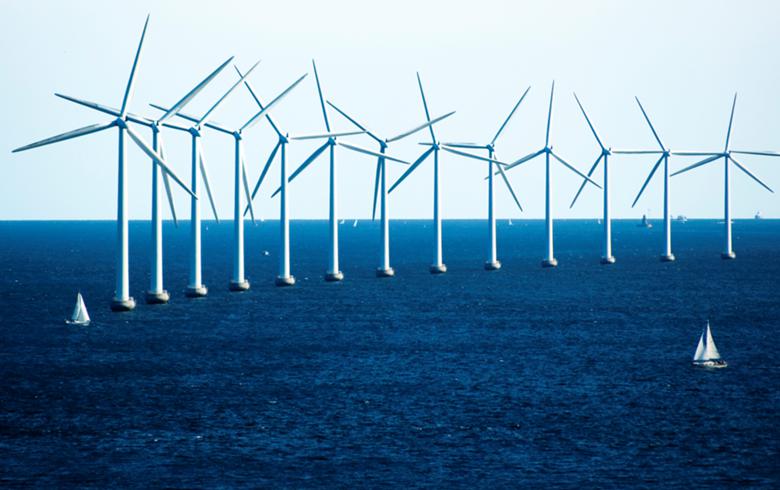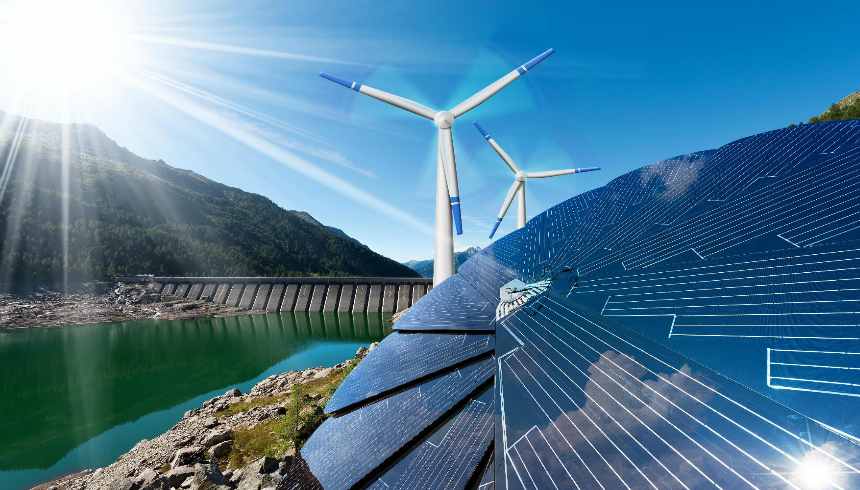
18 September 2016, Lagos — Total global investment in the energy sector has declined from the $2 trillion recorded in the preceding year to $1.8 trillion in 2015, says the World Energy Investment 2016 of the International Energy Agency (IEA).
The disclosure comes as sources at the Ministry of Power said the government was doing everything it could to ensure payment of a N93 billion electricity debt owed distribution companies by Ministries, Departments and Agencies (MDAs) before the end of the year.
A source said the Minister of Power, Works, and Housing, Babatunde Fashola, received a report on the debt in his office on Wednesday, adding that the Debt Management Office (DMO) had initiated a pay-off plan.
The Association of Nigerian Electricity Distributors (ANED) put the MDAs’ debt at about N78.7 billion, with the Nigerian Army as the single-largest debtor to distribution companies, having consumed N38.75 billion worth of electricity.
In a first-ever detailed analysis of investment across the global energy system, the International Energy Agency (IEA) said on Wednesday, that global energy investment fell by eight per cent in 2015, with a drop in oil and gas upstream spending outweighing continued robust investment in renewables, electricity networks and energy efficiency.
According to the report, the upstream oil and gas sector remained the biggest energy investment category in 2015, having spent $583 billion.
Nigeria, however, did not make it to the top energy supply investment chart, which has China occupying the first position, followed by the United States, European Union, Russia, and India in second, third, fourth and first places.
An estimated sector cash shortfall has been put at approximately $700 million a year in Nigeria, mainly due to high technical and non-technical losses, particularly at the distribution companies.
It noted that spending fell by 25 percent in 2015, and a further 24 percent drop is estimated for 2016, the first two-year drop in 30 years.
“Fast-declining costs accounted for about two-third of the over $300 billion drop in investment between 2014 and 2016. Upstream spending is seen to remain stable or decline slightly in 2017. Three years of decline in a row have never happened before,” it added.
The new analysis stated that fossil fuels (including supply and power generation) still account for 55 per cent of 2015 global energy investment, but the share declined from 61 per cent in 2014.
*Roseline Okere – Guardian



